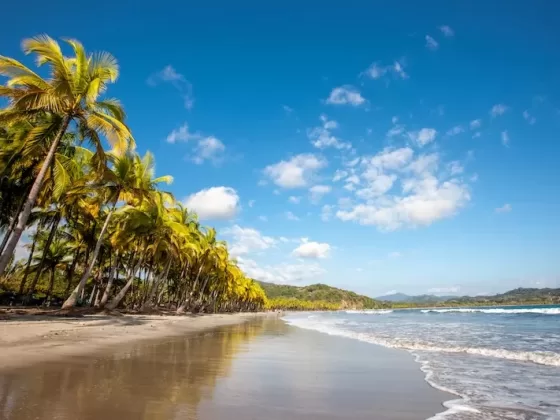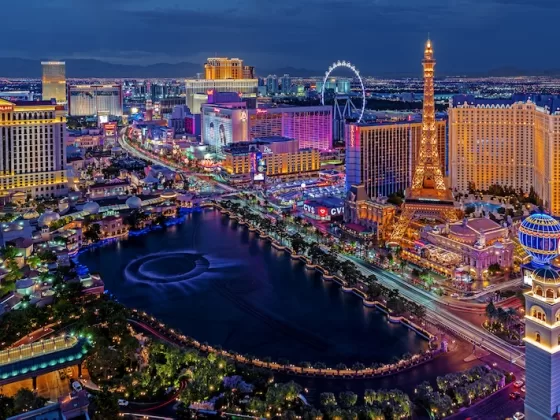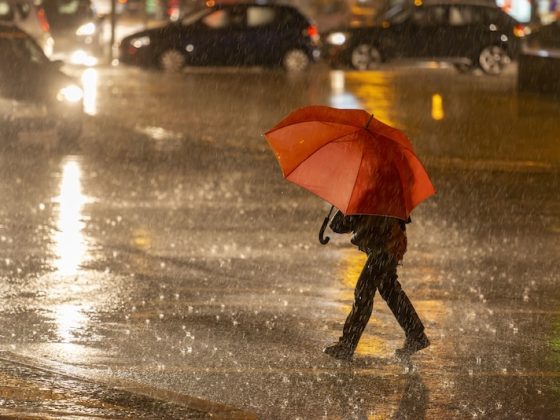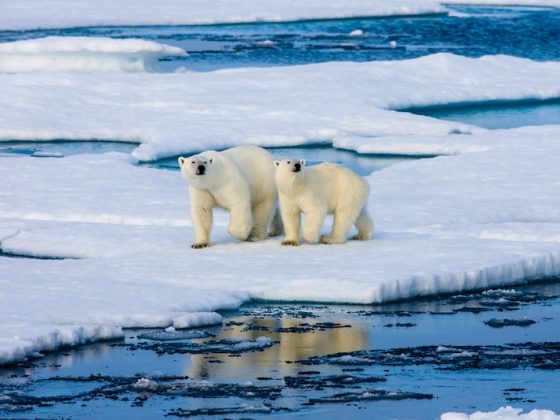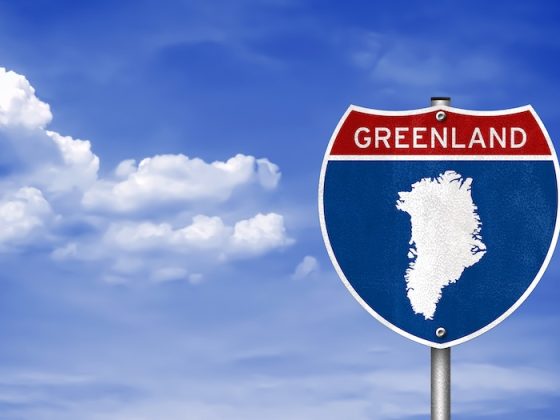A blackout throws Iberia into darkness, Trump’s climate purge alarms scientists, and Everest access gets harder for amateur climbers. Meanwhile, Canada votes, Romania’s wild bears roam free, and astronomers detect something massive, mysterious—and close. Here’s what’s making headlines this week.
Dark Restart
A sweeping blackout plunged large parts of Spain and Portugal into darkness this week, disrupting transportation networks, water systems, and critical services. The failure—linked to a fault in a cross-border high-voltage transmission line—was one of the most extensive in Iberia’s modern history. Airports slowed to a crawl, metro systems shut down, and emergency generators took over across hospitals and data centers.
Read more like this Top 10 Things to Know if You’re Moving to Spain
Power was restored within hours, thanks to rapid coordination between Spain’s national grid operator and regional energy suppliers. Still, the outage raised urgent questions about grid vulnerability and climate resilience in southern Europe. With temperatures soaring and demand rising, experts say the crisis was a test run for a more unstable energy future.
Wild Romania
Romania is emerging as one of Europe’s last strongholds for large wild mammals—especially bears. With over 6,000 brown bears roaming freely across its Carpathian mountains and remote forests, the country has become a rare stronghold for apex predators. Conservationists and ecotourism advocates are now spotlighting Romania’s wilderness as both a natural wonder and a case study in coexistence.
While human-wildlife conflict persists in rural areas, government efforts to improve bear corridors and reduce poaching have begun to pay off. Romania is walking a fine line between preservation and protection, but for now, its forests remain among Europe’s wildest.
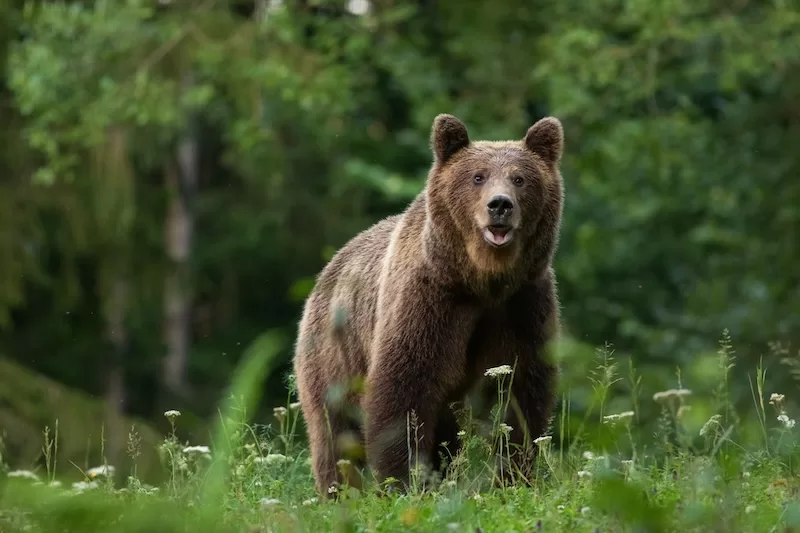
Everest Tightens Access
Nepal has announced that only climbers who have previously summited a Nepali mountain above 7,000 meters will now be eligible for Everest permits. The move comes in response to growing safety concerns, overcrowding, and the commercialization of the world’s tallest peak. Officials say the change aims to ensure that only experienced climbers take on Everest’s extreme conditions.
The decision has received widespread support from veteran mountaineers, who have long warned that lax regulations were endangering lives and degrading the mountain environment. While critics argue the new rule may limit tourism revenue, Nepal says it’s prioritizing safety—and Everest’s legacy.
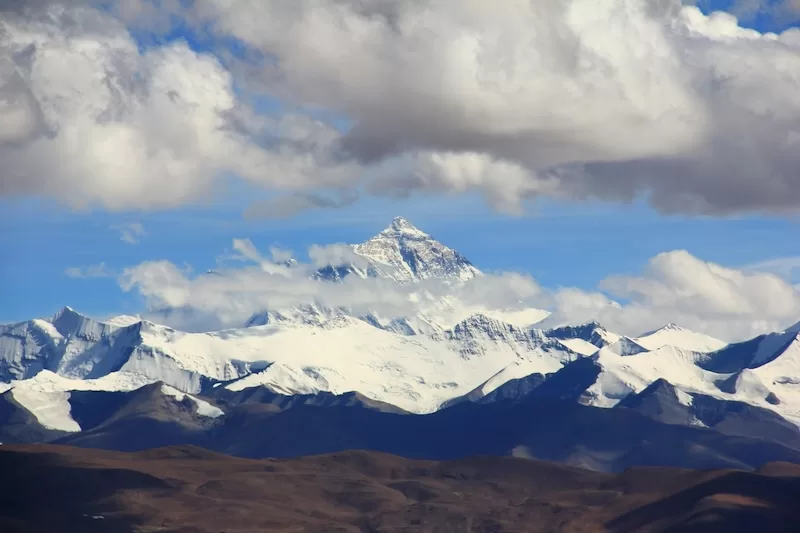
Climate Report in Limbo
The Trump administration has dismissed all 14 lead authors of the U.S. National Climate Assessment, throwing the future of the government’s key climate science report into uncertainty. The mass ouster is being viewed as an ideological purge, with critics accusing the administration of sidelining evidence-based research in favor of political loyalty.
The National Climate Assessment, released every four years, is a cornerstone of federal climate planning. Without a scientific leadership team in place, the 2025 report is now effectively on pause. Environmental groups and former authors warn that the move could delay action, skew policymaking, and set back the U.S. position on climate leadership globally.
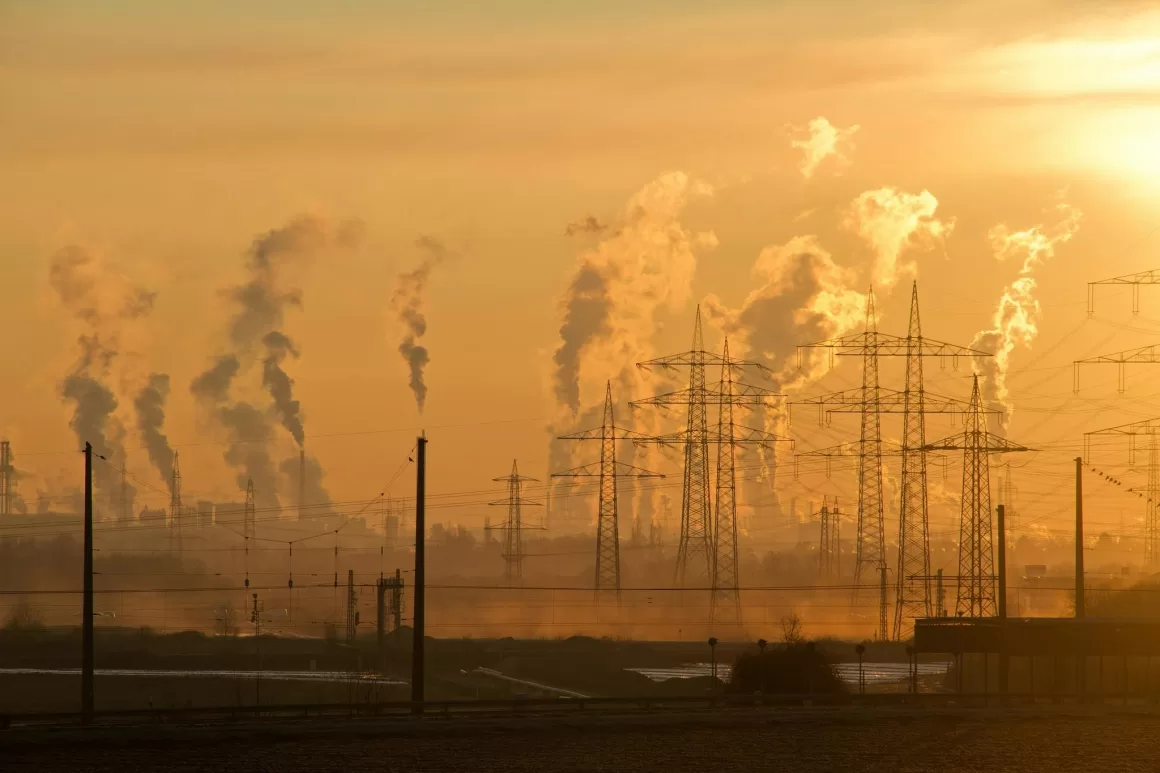
Cosmic Close-Up
Astronomers have detected a massive molecular cloud unusually close to Earth, potentially rewriting our understanding of the solar neighborhood. The cloud—dense, cold, and invisible to the naked eye—is composed of molecular hydrogen and could span tens of light-years. It’s one of the largest such structures ever found within the local interstellar environment.
Researchers believe the cloud may play a role in the movement of nearby stars and the shielding of cosmic rays. While it poses no threat to Earth, the discovery opens new questions about the makeup of the space just beyond our solar system. It’s a quiet giant—and it’s been hiding in plain sight.
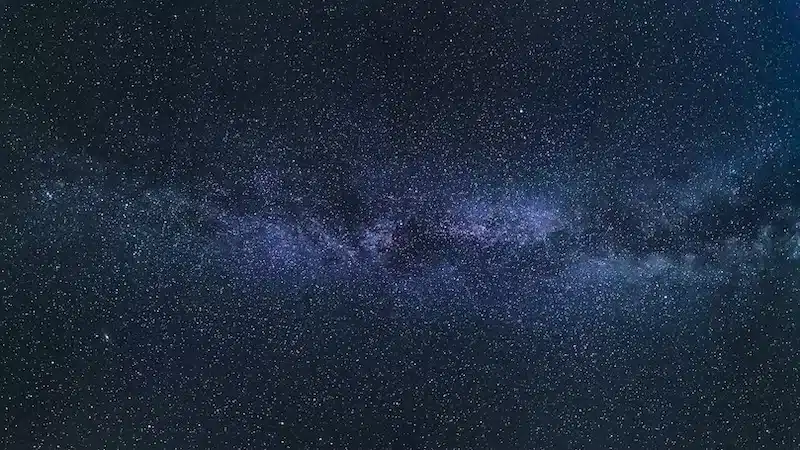
Canada Votes
Canada’s latest federal election has reshaped the country’s political landscape. While Prime Minister Justin Trudeau’s party retained power, it failed to secure a majority—forcing a renewed coalition with progressive and regional blocs. Voter turnout remained steady despite mounting concerns over inflation, climate policy, and foreign interference.
Analysts say the results reflect a Canadian electorate in flux—skeptical of establishment politics but wary of sweeping change. For now, Trudeau remains at the helm, but his ability to navigate a fragmented Parliament will shape the country’s next chapter on everything from housing to global diplomacy.
Read more like this: Last Week’s Global News on Speed, Shocks, and Shifting Lines
Stay Ahead of the Journey!
Subscribe now for the latest in Travel News, International Destinations, Expat Life, Moving Abroad and Digital Nomad opportunities we’ve got your next adventure covered. Don’t miss out!
Contact Author
"*" indicates required fields
Stay Ahead on Every Adventure!
Stay updated with the World News on Escape Artist. Get all the travel news, international destinations, expat living, moving abroad, Lifestyle Tips, and digital nomad opportunities. Your next journey starts here—don’t miss a moment! Subscribe Now!

